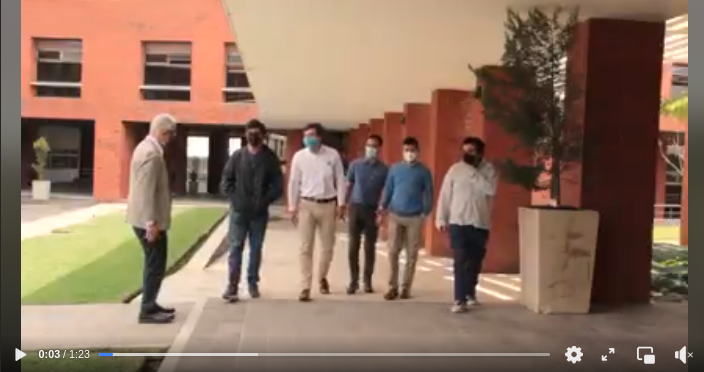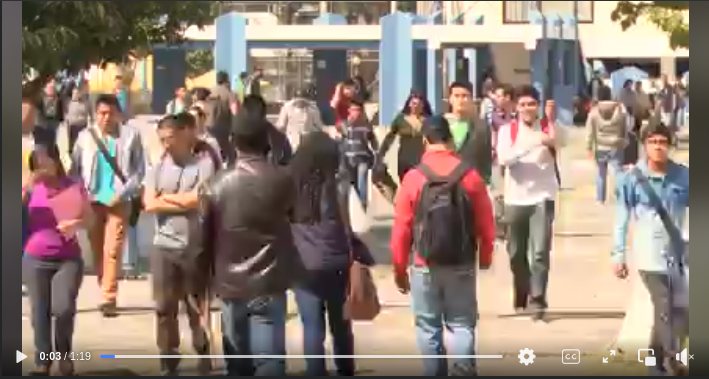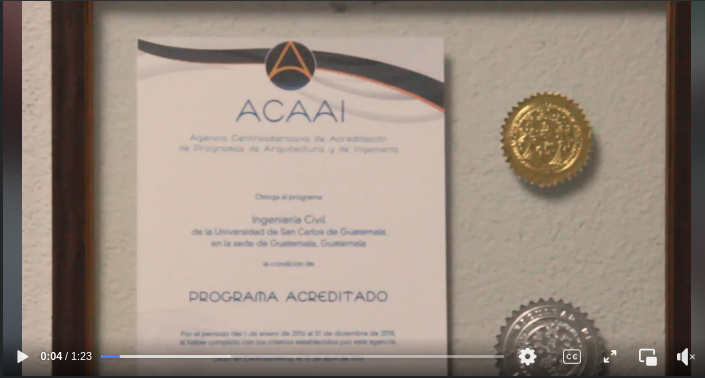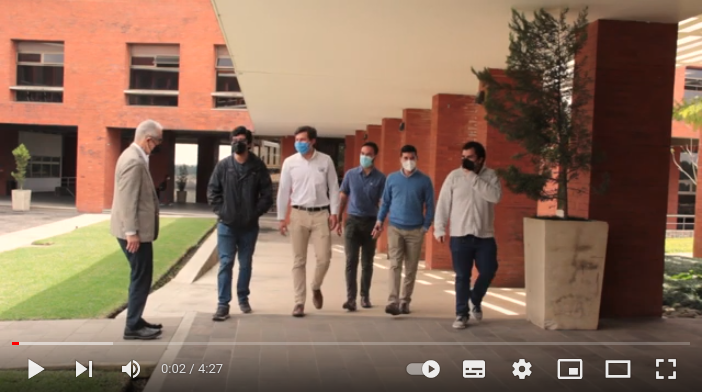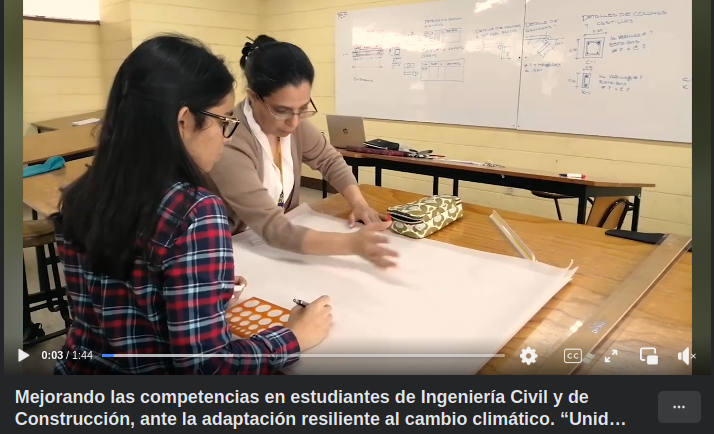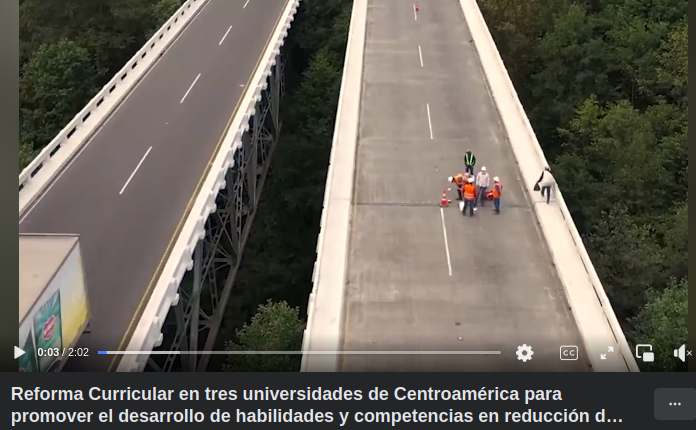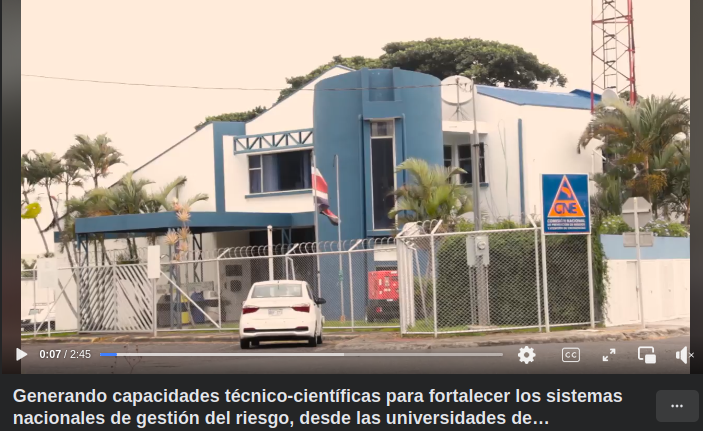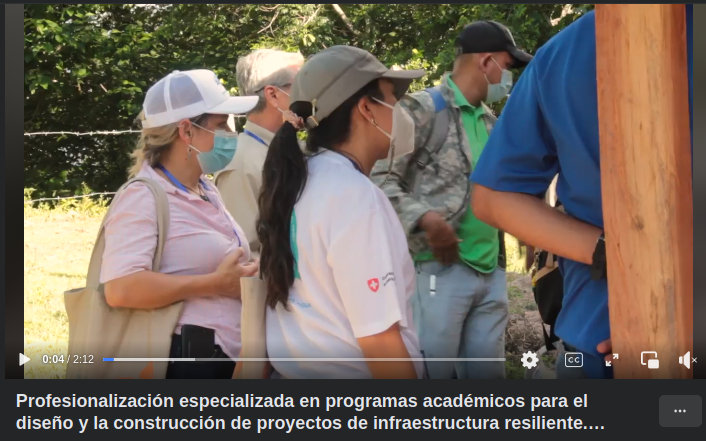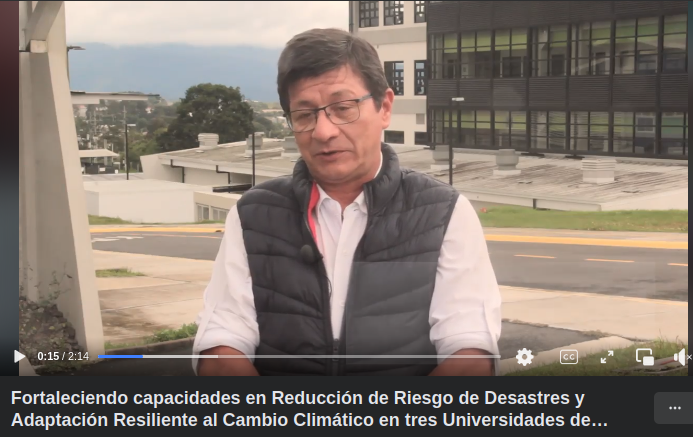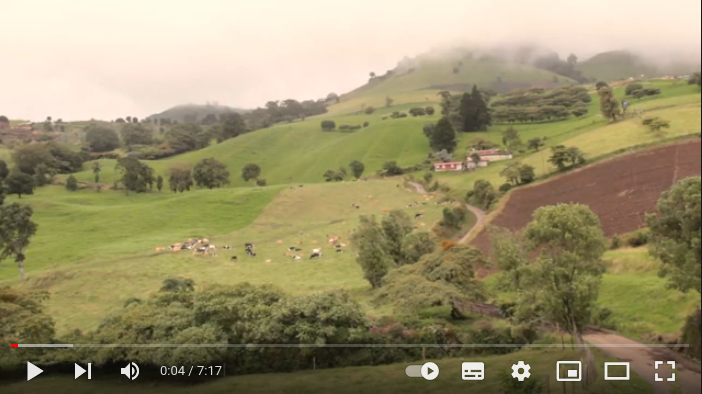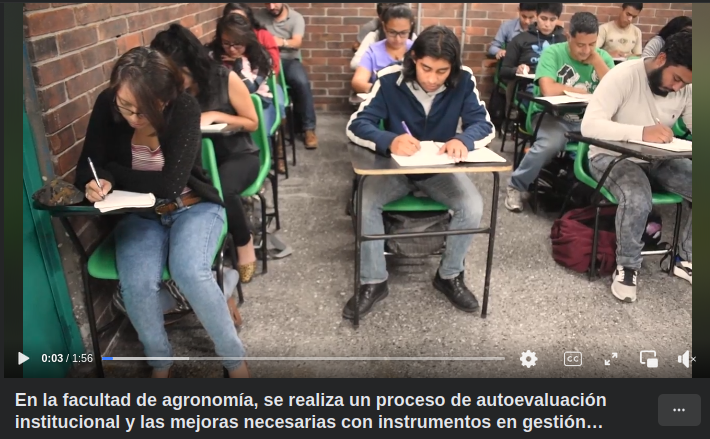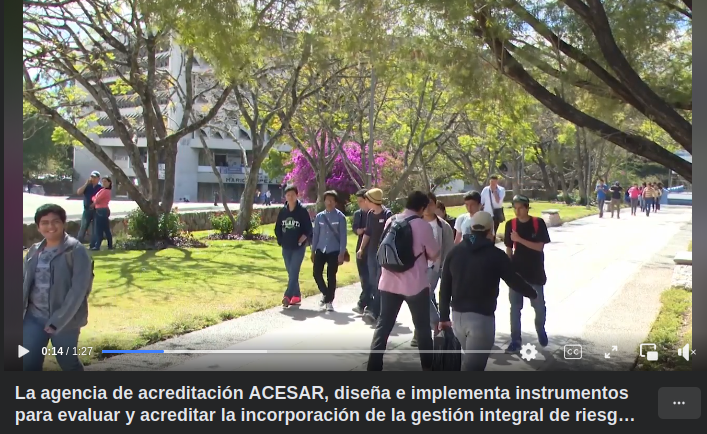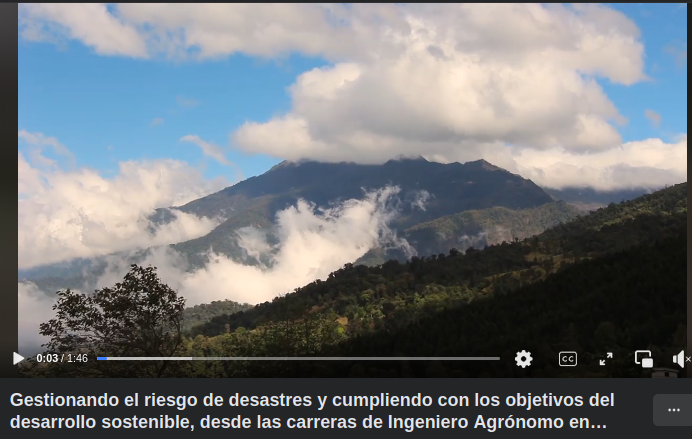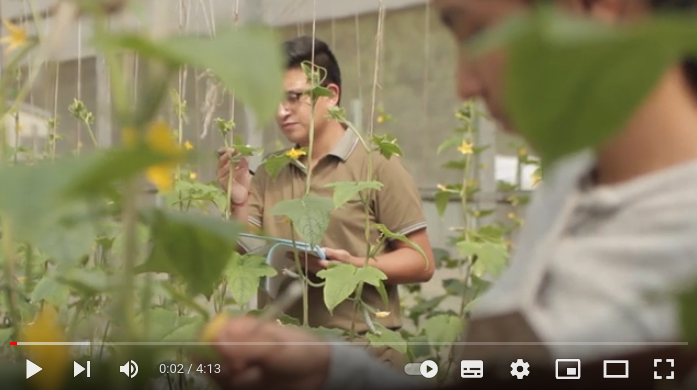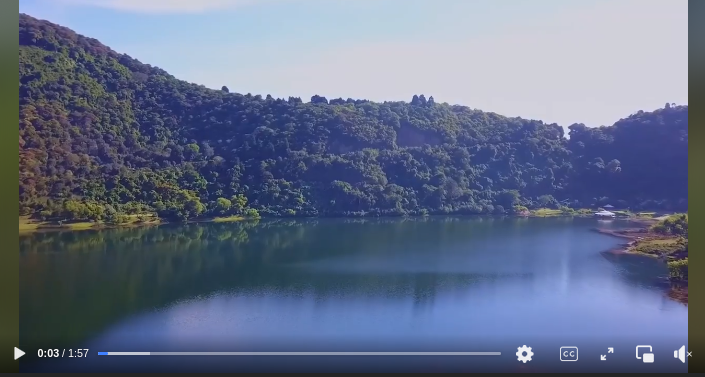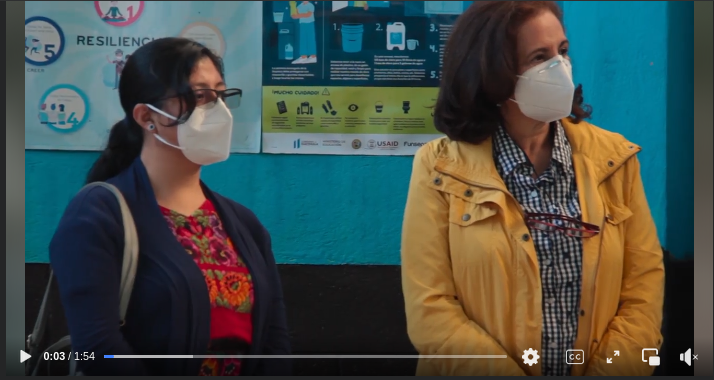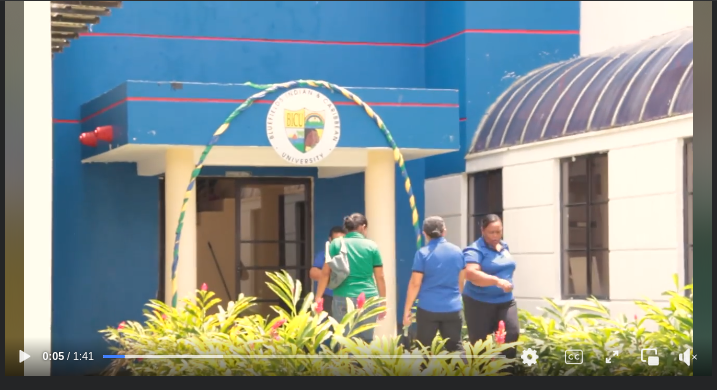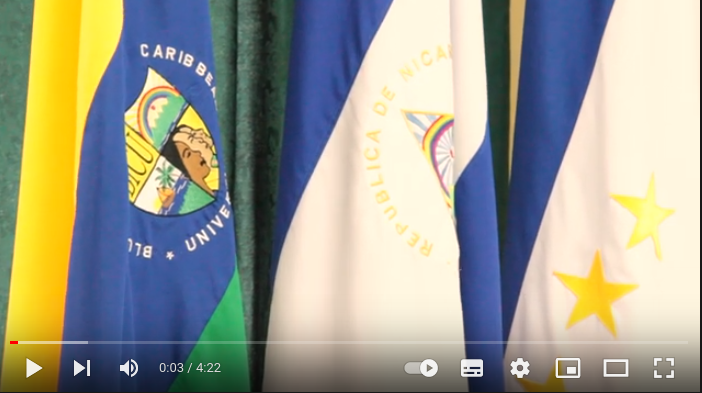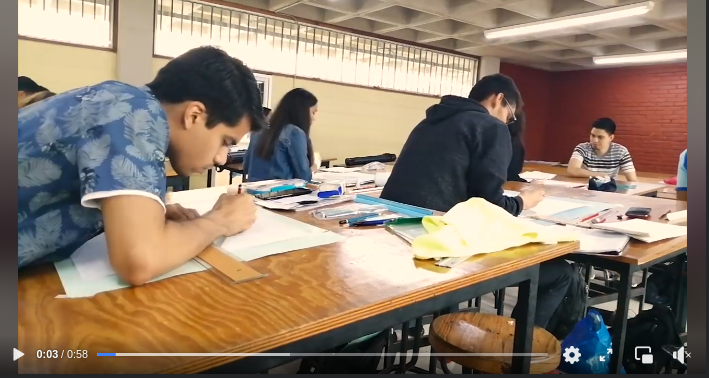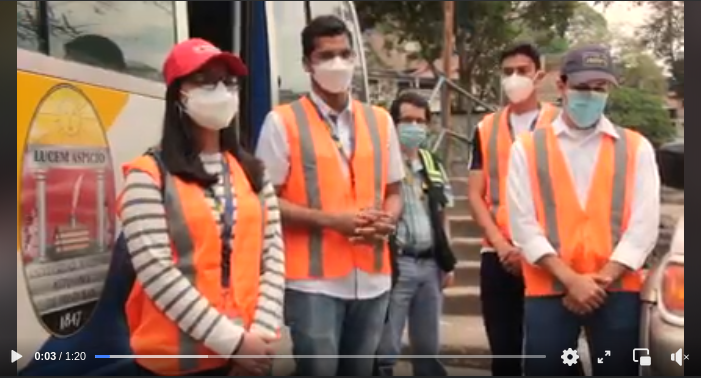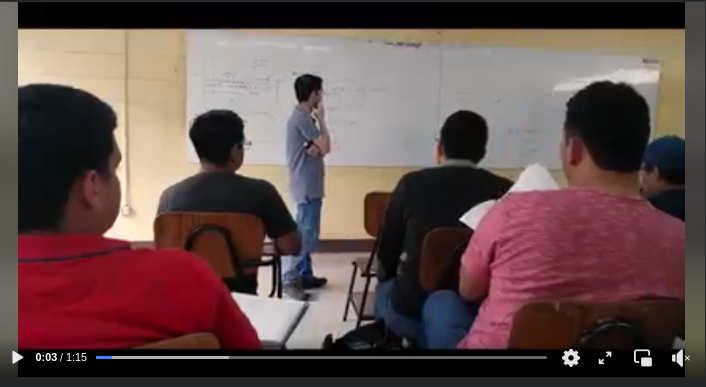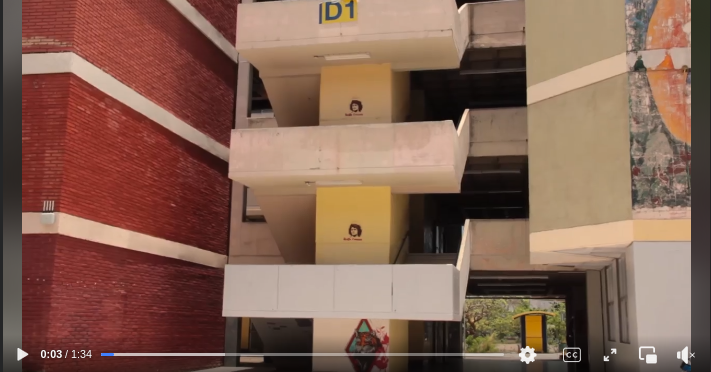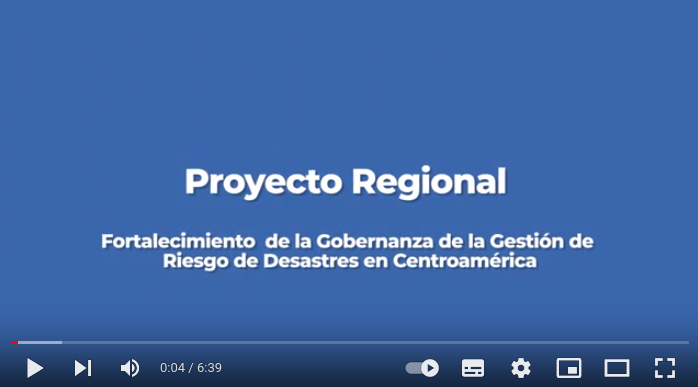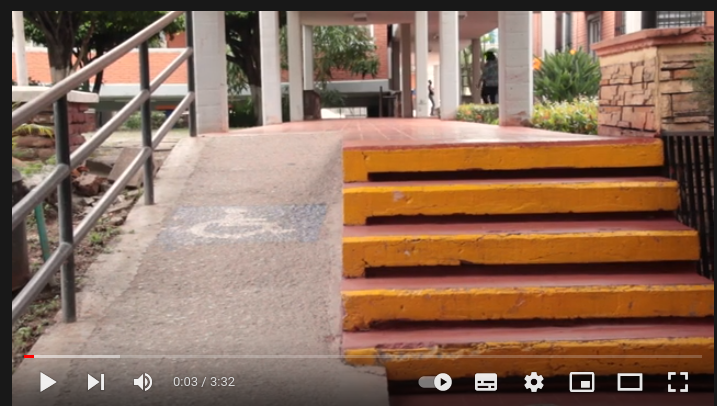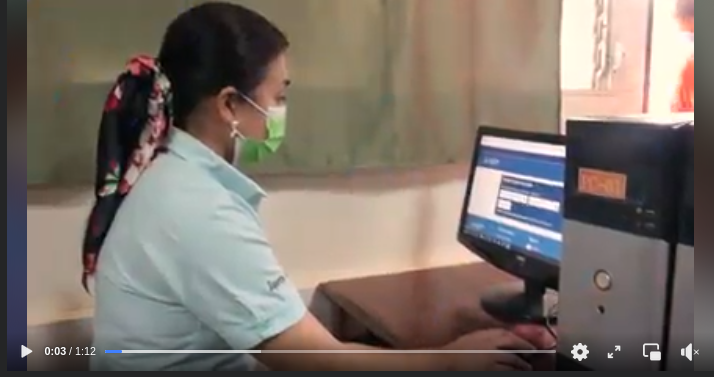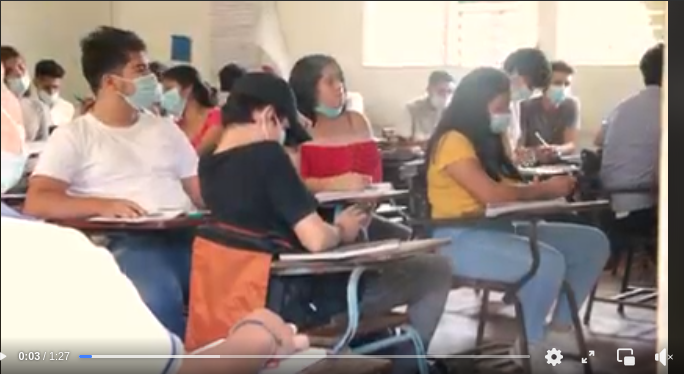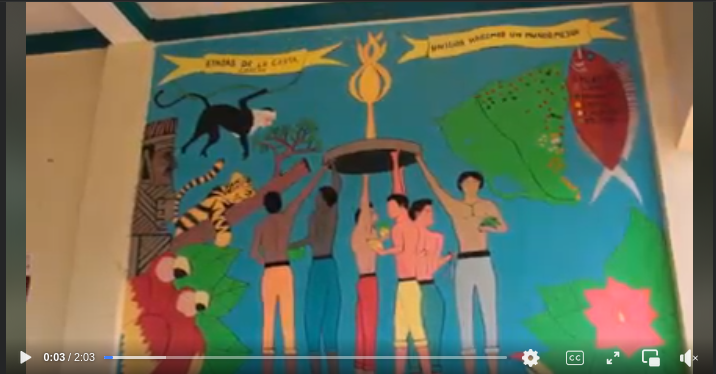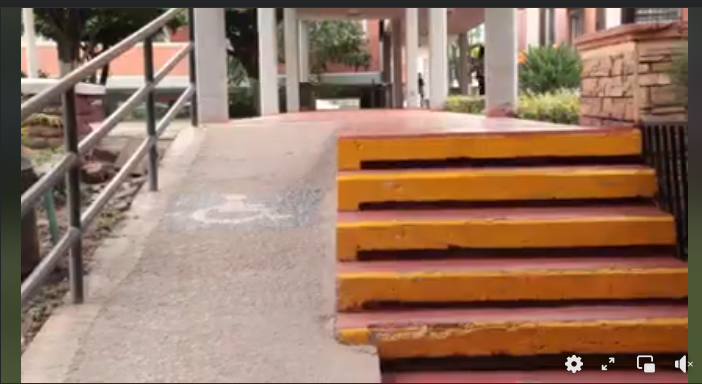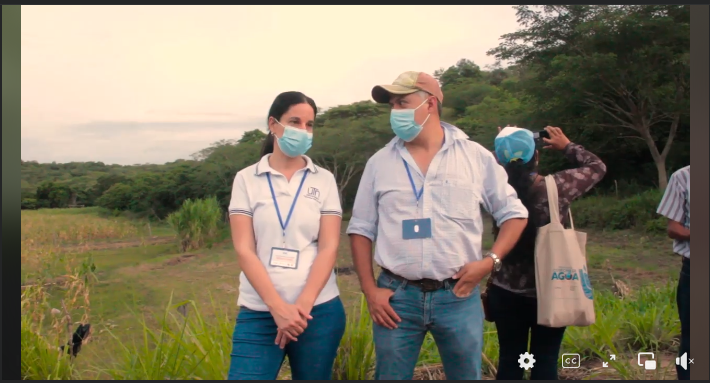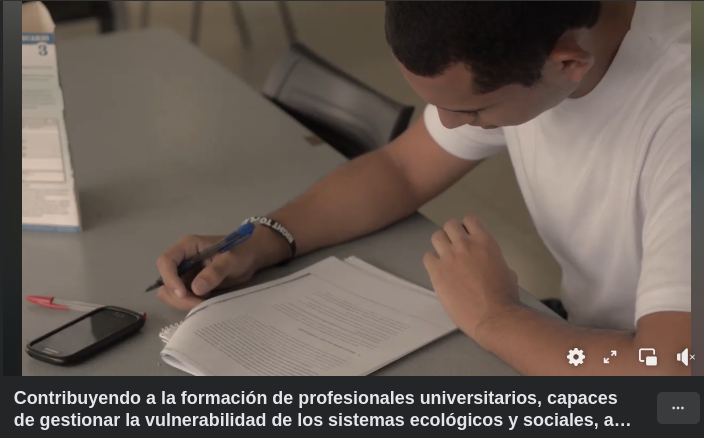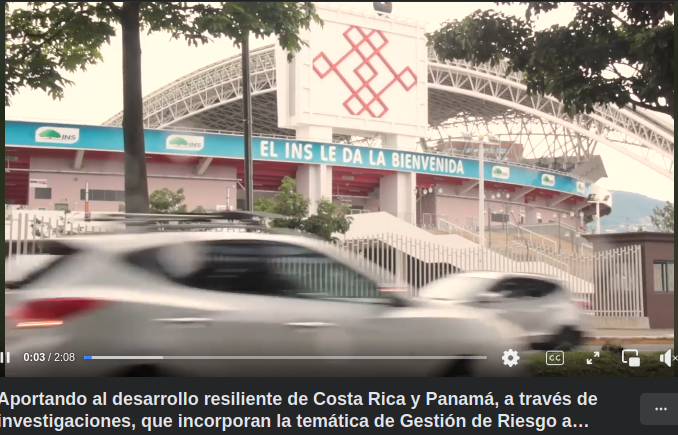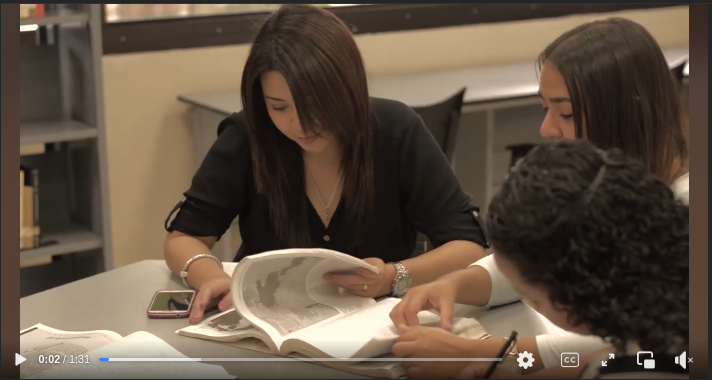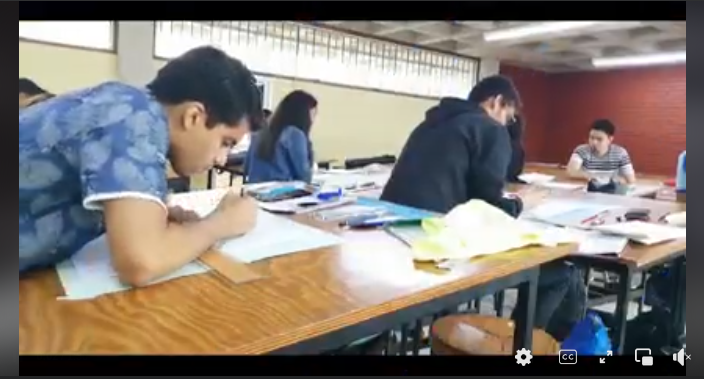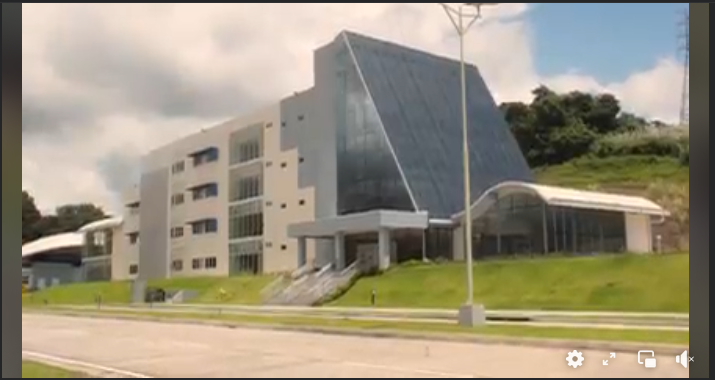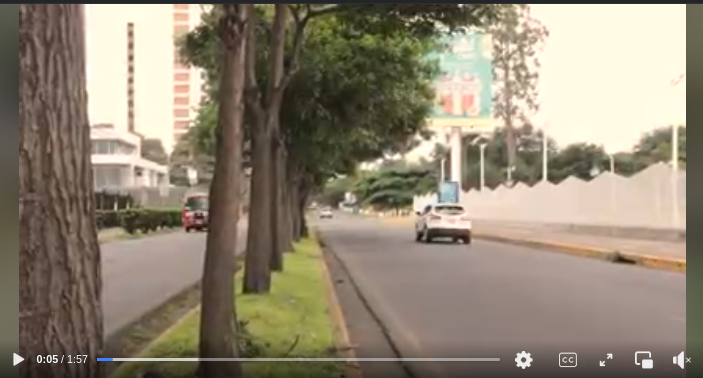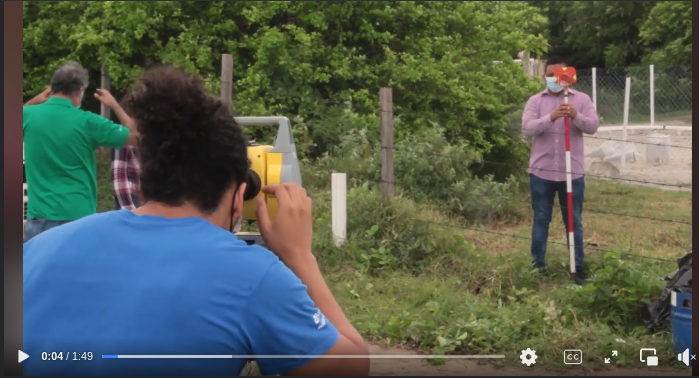SDC-GOVERNANCE

?Strengthening the Governance of Disaster Risk Management in Central America?
Central America is one of the regions most affected by natural phenomena, despite being a region of little significance in the global emission of greenhouse gases and climate change, the impact generated in this region is catastrophic, mainly affecting the infrastructure and agricultural production, this being a fundamental base in the economy.
The Coordination Center for the Prevention of Disasters in Central America and the Dominican Republic (CEPREDENAC) with the objective of ?Contributing to the reduction of vulnerability and the impact of disasters.? Together with the Central American Higher University Council (CSUCA), with the mission and vision of consolidating a Central American University System, which has an impact on the integration and full development of the Central American people, they become the key actors to execute the project ?Strengthening the Governance of Disaster Risk Management in Central America? with the technical and financial support of the Swiss Cooperation in Central America (COSUDE).
The project in its three effects:
Effect 1
The regional system and the national systems for Disaster Risk Reduction -DRR- implement disaster risk reduction actions and seek an effective and timely response to people affected by disasters with the active participation of the private sector and universities.
effect 2
Regional and national bodies have strengthened their governance mechanisms for DRR in line with the Sendai Framework.
effect 3
University professionals from the region have improved their skills in DRR and Adaptation to Climate Change -ACC- contributing to resilient development in the Region.
Compliance with effect 03 corresponds to the Central American Higher University Council -CSCUCA- through 5 Curriculum Readjustment projects and 4 Higher Education Quality Accreditation projects.
Achievements effect 03:
-
11 educational programs that incorporate GIRD and ACC.
-
More than 12,000 specialized professionals.
-
More than 50,000 people benefited by research and extension activities.
-
04 Accreditation agencies apply guides with criteria in DRR and ACC.
-
02 Accredited Agrifood Sector Careers.
-
02 Careers accredited with the Green Seal of Quality.
-
01 Institutional Accreditation.
-
01 installed regional media outlet ?Radio Comunica?.
SUB PROJECTS

